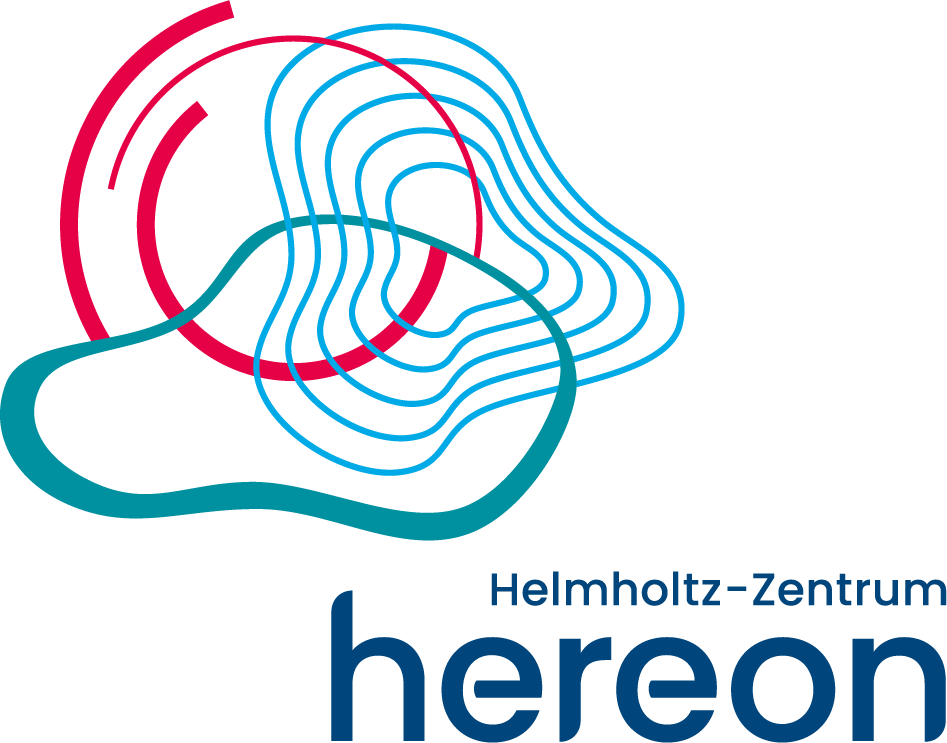MLZ is a cooperation between:
 > Technische Universität München
> Technische Universität München > Helmholtz-Zentrum Hereon
> Helmholtz-Zentrum Hereon
 > Forschungszentrum Jülich
> Forschungszentrum Jülich
MLZ is a member of:
 > LENS
> LENS > ERF-AISBL
> ERF-AISBL
MLZ on social media:

MLZ (eng)
Lichtenbergstr.1
85748 Garching
Materials Science Lab

Armin Kriele (middle) has offered internships for interested high school students for several years, here at the scanning elelectron microscope of the materials science lab. © Armin Kriele, MLZ
The Materials Science Lab offers scientists techniques for preparation and analysis of samples complementary to neutron scattering experiments. It includes a range of instruments for sample preparation and basic sample characterization, such as microhardness measurements and optical microscopy. It also houses a quenching and deformation dilatometer and an environmental scanning electron microscope (operated jointly by Helmholtz-Zentrum Hereon and Forschungszentrum Jülich JCNS).
Note:
- Please get in touch with the lab responsible two to three weeks in advance so that your experiments can be planned and the equipment can be prepared for you.
- Access to the Lab can only be granted after a safety training has been performed.
Instrumentation
Using conventional SEM imaging in a high vacuum, this microscope can also be operated with relatively high gas and water vapor pressures of up to 4,000 Pa. The water vapor partial pressure can be adjusted in such a way that charges are prevented on non-conductive samples such as polymers, minerals or ceramics. This may eliminate the need for a prior conductive coating on the samples, which could be disruptive to any EDS analysis that may be required. In combination with a temperature-controlled sample stage, the relative humidity can be set up to 100%. This allows biological samples such as proteins, cells, food, etc. to be examined in their natural state. For these low-vacuum applications, the device is equipped with numerous backscatter and secondary electron detectors for a wide variety of applications. Depending on the sample, the ESEM can achieve a resolution of down to 1 nm. In addition, thin samples (< 10 µm) can be measured in transmission and element analyses can be carried out using Energy Dispersive X-ray Spectroscopy (EDS).

ESEM Electron Microscope © MLZ

EDX example plasma welded steel © MLZ
The sputtering and evaporation system is used for conductive coatings with carbon or metals for SEM samples. This system also allows an argon or oxygen plasma to be applied to remove organic contaminants from samples or to condition the hydrophobic/hydrophilic properties of a surface.

Sputtercoater © MLZ
The surface quality of mechanically polished samples can be significantly improved with this Argon Ion Milling System It removes fine scratches and the defect-rich amorphous layer to obtain a stress-free surface for subsequent analyses. It also allows to prepare precise cross-sections of thin samples like battery electrodes without exposing the sample to any mechanical constraint nor to contamination by the atmosphere.

Ion milling at the Materials Science Lab © MLZ
A self-developed transfer unit allows air-sensitive samples to be safely transferred from the glove box into the SEM or ion milling system.

Air tight transfer © MLZ
This diamond wire saw can be used to make precision cuts on small samples (max. 10×10×10 mm³). The thinnest cutting width is 170 µm. Due to the very slow cutting, hardly any mechanical stress or heat is exerted on the sample. Depending on the material, cuts can take up to several hours.

Diamond Wire Saw © MLZ
This allows stereomicroscopic images to be taken with a magnification of up to 160x. An automated sample stage allows seamless stitching of multiple images for large samples, as well as multi-focus images for samples with strong topography.

Stereomicroscope © MLZ
This scanner uses structured light to digitally capture sample geometries with an accuracy of 50 µm. The maximum sample size is 340 × 340 × 340 mm³. Several exposure levels can be set so that dark and highly reflective bright areas of the sample are captured equally. This may make it unnecessary to coat the sample with reflection spray. The 3D data can be used to determine the exact volume of the sample or can be used to position the sample with a robotic arm in the neutron beam.

3D-Scanner © MLZ
With this device, hardness measurements according to Vickers for bulk samples and Knoops for thin film cross sections respectively can be carried out with a loading force of HV 0.1 – 10 (1N-100N). The positioning is carried out microscopically, so that individual phases of alloys can be identified for measurement. The samples must be flat and well (optical grade) polished. A Knoops indenter is available for measuring thin layers.

Microhardness © MLZ
The dilatometer facilitates the determination of the thermal expansion coefficient (TEC) of the materials and provides information about phase and structural transformations at high temperatures. Samples can be inductively heated up to a maximum temperature of 1500 °C and can be gas quenched, reaching heating and cooling rates of up to thousands of degrees per second. A set of different measurements provides information for constructing time-temperature transformation (TTT) and continuous cooling transformation (CCT) diagrams.
It is possible to perform specimen deformation at different temperatures by compression (up to 20 kN) and by tension (up to 8 kN) with deformation rates ranging from 0.01 to 200 mm/s. This setup provides additional information about the materials investigated, as time-temperature-transformation diagrams after deformation (DTTT), creep and relaxation processes, true stress/strain curves. Beside this, tensile and compression tests can be alternated to emulate mill processing. The dilatometer can also be used to induce microstructural transformations, such as high temperature texturing of alloys, phase transformations and in situ hot pressing of composite materials, among others.
This instrument is tailor- made for the operation at MLZ and can be also used for in situ neutron experiments at the materials science diffractometer STRESS-SPEC and at the small-angle scattering beamline SANS-1.

Quenching- and Deformation Dilatometer © MLZ
Contact:
Armin Kriele (ESEM, EDX and general enquieries)
Phone: +49 (0)89 158860-806
E-Mail: Armin.Kriele@hereon.de
Dr. Cecilia Solís (Dilatometer)
Phone: +49 (0)89 158860-882
Email: cecilia.solis@hereon.de
Dr. Weimin Gan (3D-Scanner)
Phone: +49 (0)89 158860-766
E-mail: weimin.gan@hereon.de
Dr. Sebastian Busch
Phone: +49 (0)89 158860-764
E-Mail: Sebastian.Busch@hereon.de
Direct dial lab
ESEM: +49 (0)89 158860-330
Dilatometer, 3D-scanner: +49 (0)89 158860-329
Location: UYL room 03 30 (1st floor)
A glimpse into the lab
News
MLZ is a cooperation between:
 > Technische Universität München
> Technische Universität München > Helmholtz-Zentrum Hereon
> Helmholtz-Zentrum Hereon
 > Forschungszentrum Jülich
> Forschungszentrum Jülich
MLZ is a member of:
 > LENS
> LENS > ERF-AISBL
> ERF-AISBL
MLZ on social media:



